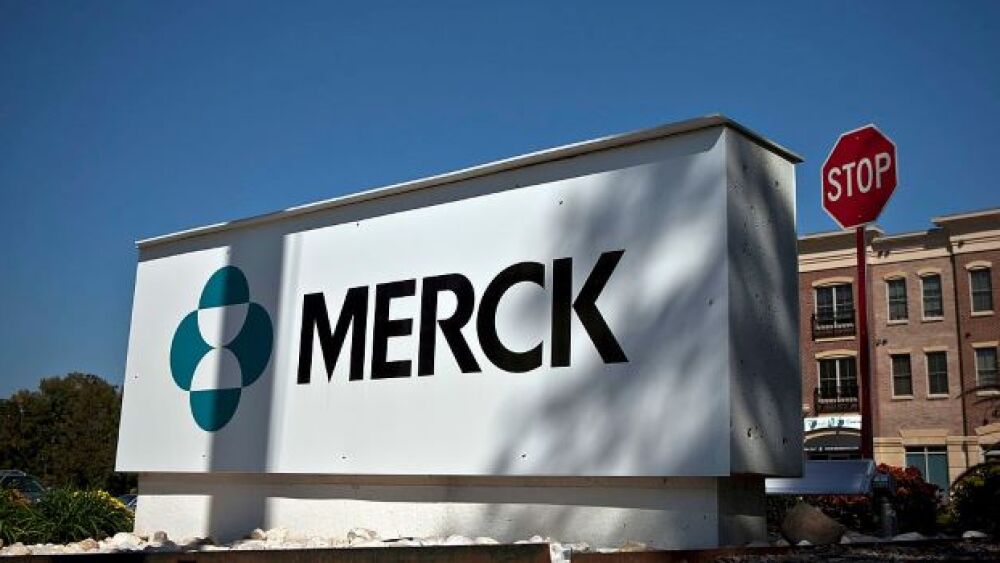The decision came after Avoro Capital Advisors, which owns a 7% stake in Acceleron, posted its objections to the deal.
Kena Betancur/Getty Images
One month after striking an $11.5 billion deal to acquire Acceleron Pharma, Merck temporarily withdraws its merger agreement to allow more time for review from the U.S. Federal Trade Commission and the U.S. Department of Justice.
Merck announced the temporary stay in the merger late Friday. The decision came after Avoro Capital Advisors, which owns a 7% stake in Acceleron, posted its objections to the deal. Avoro, which initially objected to the agreement following the announcement, reaffirmed that opposition last week.
In an open letter released a day before Merck’s announcement, Avoro claimed that the merger agreement is not in the best interest of Acceleron shareholders. The financial company said the $180 per share value that Merck and Acceleron agreed to for the merger “drastically undervalues” the company. Avoro said that is just a 38% premium relative to the stock’s average closing price over the previous three months.
Avoro argued that Acceleron is close to a “value inflection point” regarding the company’s Phase III pulmonary arterial hypertension (PAH) drug sotatercept. The company believes Phase III data will be available by the end of 2022 and, if it is positive, then the potential approval of the drug should translate into a higher-per-share price for Acceleron’s stock. Perhaps as high as $250 per share. In 2019, sotatercept received Orphan Drug Designation for PAH from the FDA.
“As we stated previously, we believe that Acceleron’s management team has done an excellent job creating value for shareholders until now and that the company has great potential as a standalone entity. We also believe Merck could ultimately be a great partner for XLRN. The problem is not the fit, it is both the timing and the price,” Avoro said in its letter.
Avoro Capital noted that some analysts have also suggested that the $180 per share price is too low. The firm pointed to Barclays Carter Gould, who suggested that Acceleron could get a higher premium prior to the inking of the deal. Jefferies Analyst Akash Tewari also called the $180 price ‘a bargain.”
Rather than jump into a merger agreement with Merck, Avoro suggested that Acceleron remain an independent company. They pointed to the lack of other bidders for Acceleron, which means the idea of a sale is premature.
Last month, a filing with the U.S. Securities and Exchange Commission revealed that Acceleron’s management had reached out to other companies regarding a deal after Merck initiated discussions. Primarily, Acceleron reached out to Bristol Myers Squibb, which owns about 11% of Acceleron.
BMS and Acceleron jointly developed the blockbuster drug Reblozyl, which was approved in 2019 for the treatment of anemia in adult patients with beta thalassemia who require regular red blood cell (RBC) transfusions. BMS balked at acquiring Acceleron, the filing shows.
In its statement Friday, Merck has temporarily agreed to stay on its merger to allow time for the government to review the merger agreement. There is potential for a conflict due to Merck’s existing PAH pipeline, including Adempas, which it gained in a licensing deal with Bayer.
Earlier this year, Merck initiated a Phase II/III PAH study of MK-5475, an inhaled soluble guanylate cyclase (sGC) stimulator. The government may request Merck divest the experimental drug.
Merck could refile its merger agreement as early as today and anticipate that the deal could still close by the end of 2021.





